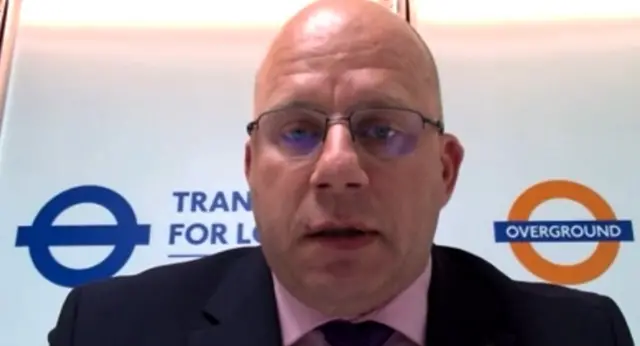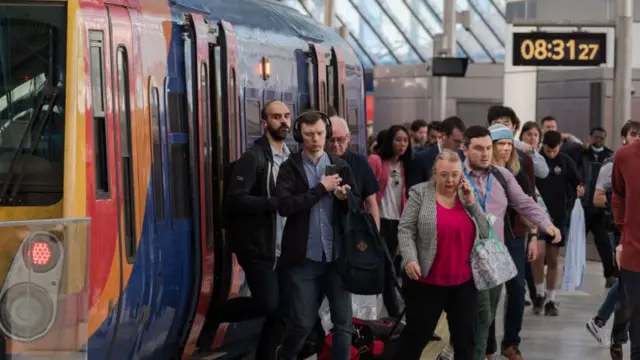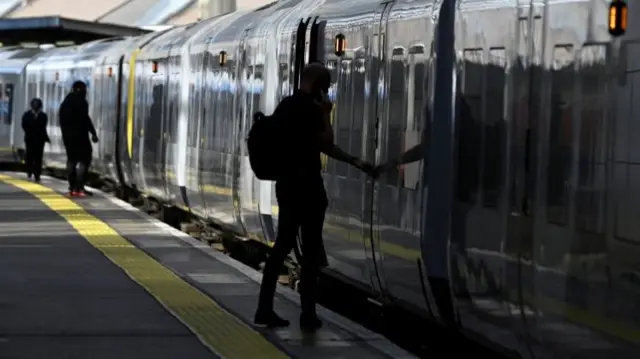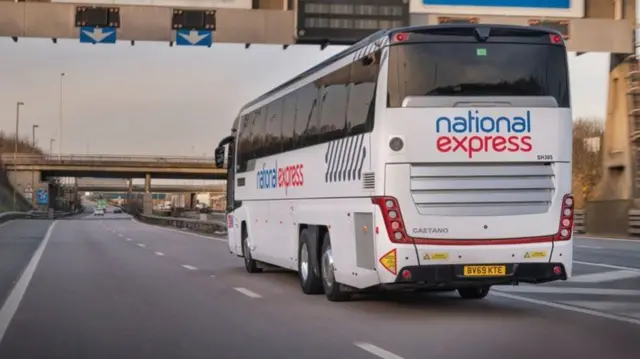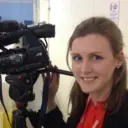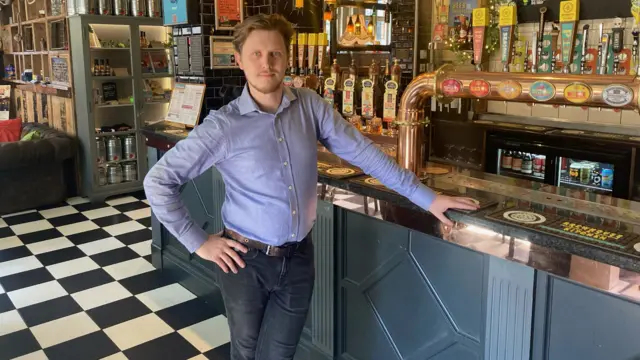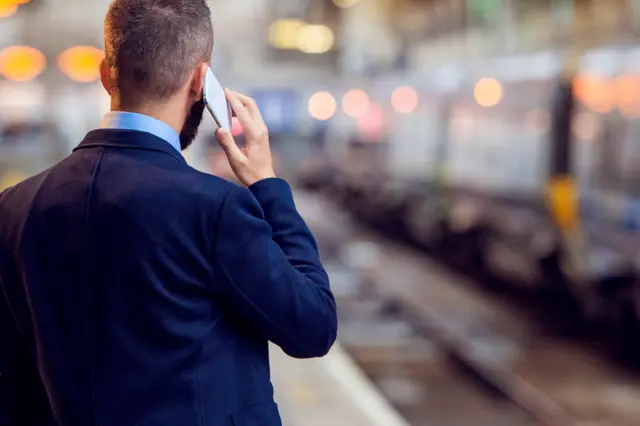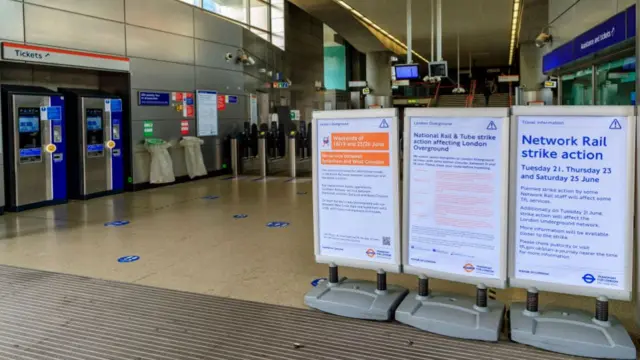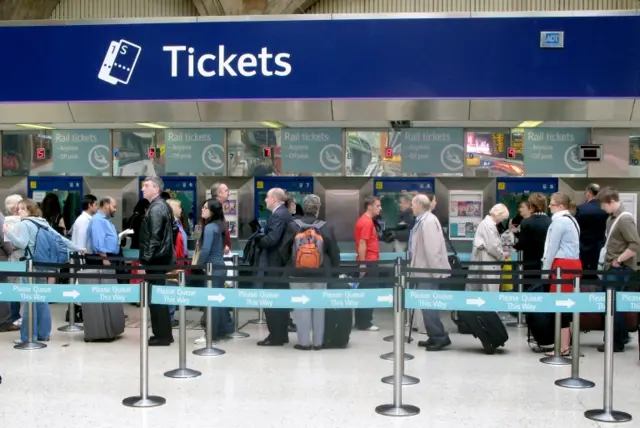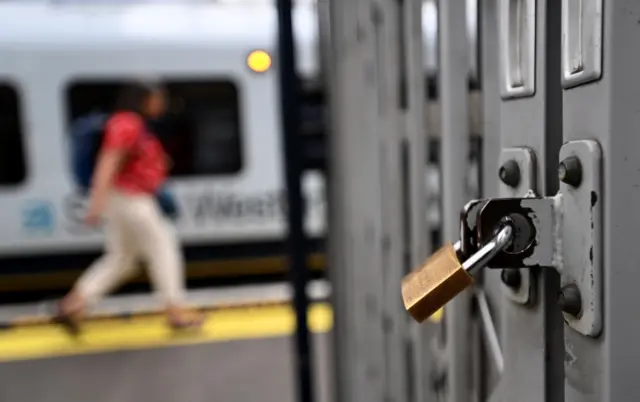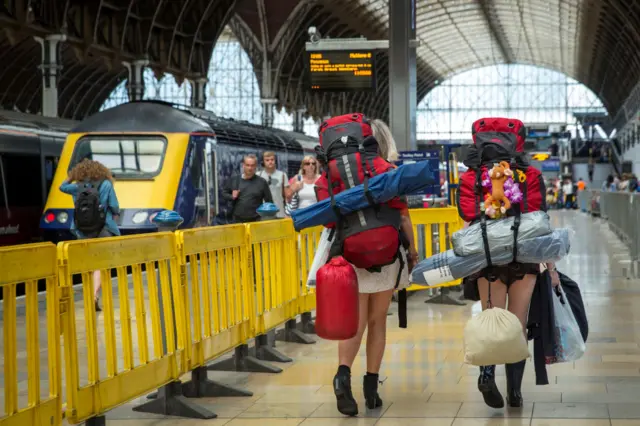What happened today?published at 20:53 BST 20 June 2022
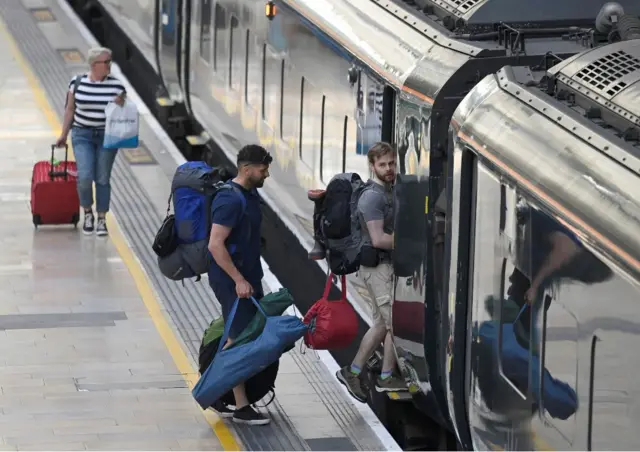 Image source, Reuters
Image source, ReutersThanks for joining our live coverage of the day's events. We're closing our coverage shortly - but first, here's a recap:
- England, Scotland and Wales are braced for the most disruptive rail strikes they've seen for 30 years
- The action was confirmed by the RMT union this afternoon, after a failure of last-ditch talks aimed at resolving a dispute that centres on pay conditions for workers on the railways
- Walkouts will happen from midnight and throughout Tuesday - as well as on Thursday and Saturday
- Transport Secretary Grant Shapps says a skeleton timetable on strike days will see about 20% of services running. That's on half of the network only
- London Underground workers will also strike on Tuesday
- Rail passengers have been urged to avoid travelling - and are also being told told to expect delays and disruption on the other days due to knock-on impacts of the strikes
We'll be back with more updates tomorrow morning.
Today's coverage was brought to you by Rob Corp, Jeremy Gahagan, Marita Moloney, Chris Giles, Catherine Evans, James Clarke, Heather Sharp, Sam Hancock, Aoife Walsh, Claire Heald and James FitzGerald.
